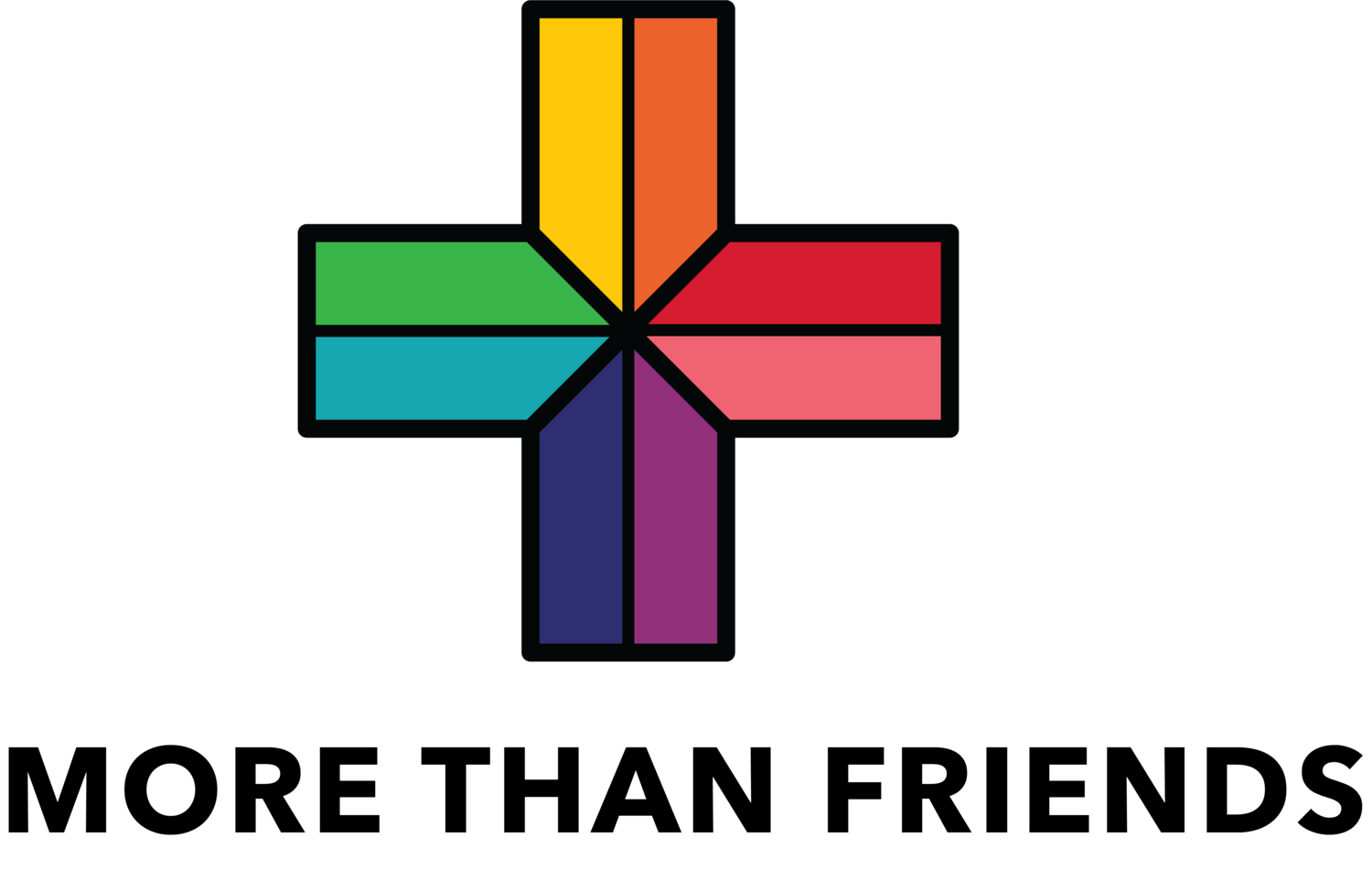Artist Spotlight: Chloe Collins
Written by: Stephen Marro
I first met Chloe Collins at a bar. She came across as a very gentle and kind person; The kind of person I felt comfortable with despite the fact that we had just met. I was, admittedly, trashed, but she still left enough of an impression on me that when I saw online that her art was being shown at Northern Kentucky University, my initial thought was, “Oh! Chloe! She was really nice!” So, naturally, when I saw what her art looked like, I was surprised by just how visceral and, at times, violent it was. I immediately reached out to her and asked for an interview.
Along with Joshua Mason, our (more than) friend and photographer, I traveled to her exhibition and met up with Collins to learn more.
Innocence: The Interconnections Between Feminism and Veganism exhibition - Art by Chloe Collins (Photographer: Joshua Mason)
Aggressive charcoal scratches form the silhouettes of breasts, both animal and human, as gesso sprays as milk. The stark black and white of these pieces contrasts with others. Baby blue and pink give way to carved gorey breasts and spillings of guts and innards positioned provocatively, dare I even say seductively. The art, juxtaposed against my understanding of who Chloe Collins was, initially surprised me. Such a gentle person who gave such an air of kindness created this horrific display. How could this be?
But that’s the point.
Chloe Collins (left) and Stephen Marro (right) interview at the Innocence exhibition (Photographer: Joshua Mason)
During the interview, all became clear. Chloe is an activist. Her activist label holds as much weight as her artist label, with the two intertwining and conversing with one another within her work. Growing up as a vegetarian-turned-vegan woman has most certainly shaped her moral views towards both veganism and feminism, and it is within her series Innocence: The Interconnections Between Feminism and Veganism that she is at her strongest in both her art and advocacy.
"NURTURE" - Collins (Photographer: Joshua Mason)
“They are purposely keeping the horrors... from us...”
Through her art, Collins sought to draw attention to the absurdity of societal double standards. We live in a culture where we’re expected to love and care for animals as well as other people, and yet animal violence and sexism remains an issue. Even within the dairy industry, Collins explains that “Animal agriculture is made to look like something really happy and normal. You look at a carton of milk or a yogurt container and it’s a big green pasture with blue skies.” Yet, behind the scenes, female cows are inhumanely exploited for their reproductive organs. “They’re totally covering up for themselves. They’re purposely keeping the horrors of it from us just to profit off of it.”
"FLOW #1" - Collins (Photographer: Joshua Mason)
So, where does feminism come into all of this? I’ll have to be honest - At first, I didn’t quite see the connection. Collins drew the connection for me. “If we’re normalizing participating in violence, even of another species, that’s going to have a negative effect on the way that we as humans think and behave…”
The idea is that our normalized behaviors and ideas can affect how we act in our day-to-day lives. If we can disregard our morals for personal gain when it comes to meat and dairy production, then the notion of doing the same towards women is all the more justifiable. To make the connection all the more clear, I’ve personally even experienced women being referred to as “a piece of meat”. Collins concluded, “I don’t know how you can exploit others and live peacefully.”
“I think that people just need to know.”
When asked why this may be happening and why there’s a disconnect between our cultural values and our behavioral standards, Collins replied, “I think that a lot of people just don’t know, or they don’t believe that it truly has an effect on them. I think that people just need to know.”
Oftentimes, activism is met with resistance. People can become offended, especially when their daily routine is being criticized. Collins isn’t afraid of offending people though; “It’s expected” she says. Making people uncomfortable is important when sparking a conversation through art. It’s okay for people to disagree, as long as they’re aware, and as long as they’re willing to talk about it.
“... my goal is to create conversation...”
So, that’s the idea; To create awareness through art. On her website, Collins states, “...my goal is to create conversation that helps to liberate all oppressed groups that are being drowned by the culture they live in.” By exposing these ideas, the hope is that more people will have honest conversations with one another, and maybe a cultural shift towards more ethical production and buying behaviors can begin to happen.
It’s a lofty challenge, but Collins is willing to take it on. Chloe herself is an abundantly sweet individual, but that doesn’t mean that she’s willing to sugarcoat the horrific nature behind the scenes in both industry and society alike. Instead, she opens up herself, along with her subjects, to reveal the raw, fleshy reality.
“It takes a while for people to break out of the way that they’re raised.” she states, “Most people… aren’t exposed to ideas like this.”
You’ve been exposed now. So, let’s talk.
Follow and Support Chloe Collins
Do you agree with the connections that Collins has made? Are you comfortable with your eating habits? Do you have any personal stories about veganism or feminism? Please, share in the comments below.







